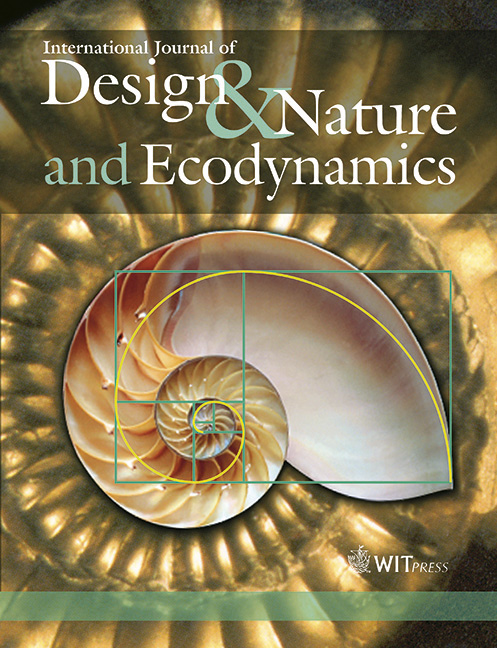REAL-WORLD OPEN-ENDED EVOLUTION: A LEAGUE OF LEGENDS ADVENTURE
Price
Free (open access)
Volume
Volume 12 (2017), Issue 4
Pages
11
Page Range
458 - 469
Paper DOI
10.2495/DNE-V12-N4-458-469
Copyright
WIT Press
Author(s)
ALYSSA M. ADAMS & SARA I. WALKER
Abstract
A prominent feature of life on Earth is the evolution of biological complexity: over evolutionary history the biosphere has displayed continual adaptation and innovation, giving rise to an apparent open-ended increase in complexity. The capacity for open-ended evolution has been cited as a hallmark feature of life and also characterizes human and technological systems. Yet, the underlying drivers of open-ended evolution remain poorly understood. League of Legends (League) is an online team-based strategy game that has become immensely popular over the last 6 years. Because new characters (called ‘champions’) are regularly added and the game is updated every few weeks by the game’s developer Riot Games, the game never settles into an equilibrium distribution of player strategies. Innovative strategies are required for players to succeed, just as innovation is required to outcompete other organisms in open-ended biological systems. Although understanding open-endedness is crucial to understanding how living systems operate, it is often difficult or impossible to collect sufficient data to study the mechanisms driving open-ended evolution in natural systems. Online social systems, particularly games, offer ideal laboratories for studying open-ended evolutionary dynamics because of the rich data archived on statistics of users and their interactions. We focus on using data from North America’s top 200 players to determine how dominance hierarchies emerge from player strategies and how they evolve in time after an external perturbation. This is a microcosm for studying, in detail, how external and internal mechanisms can drive a real-world open-ended system. Our goal is to provide general insights that can be applied to a wide range of fields, including astrobiology and evolutionary systems.
Keywords
Complexity, Open-ended evolution, social systems, theoretical biology, video games




